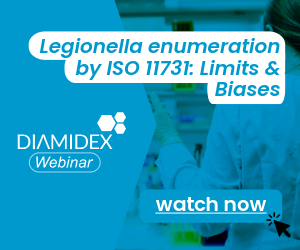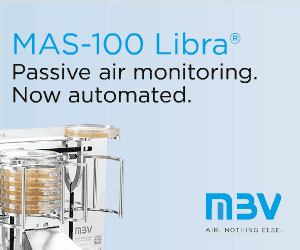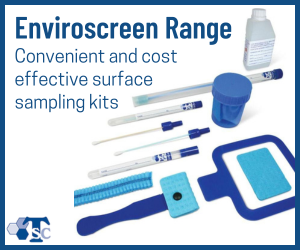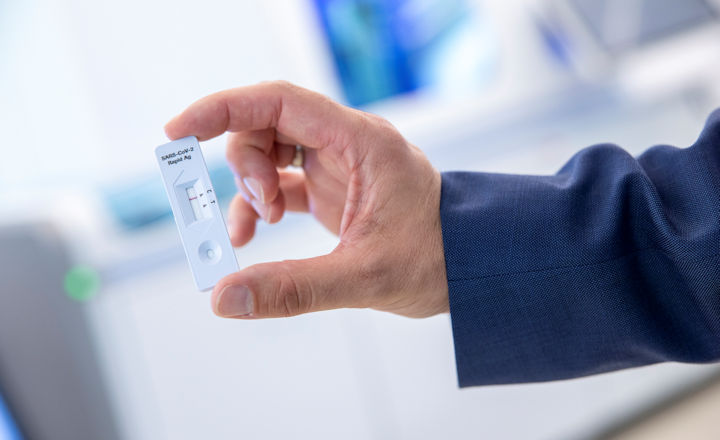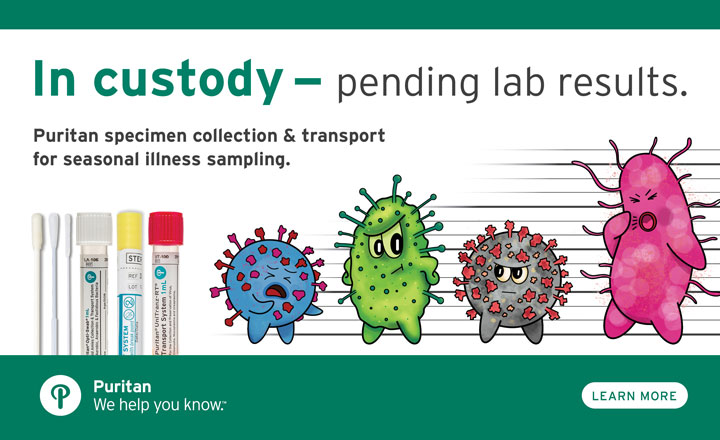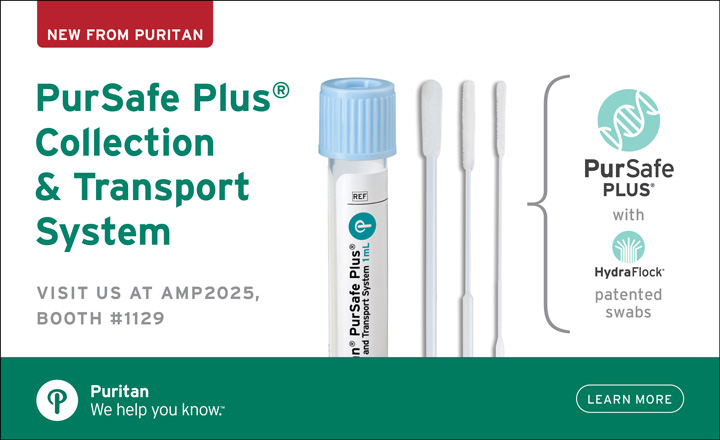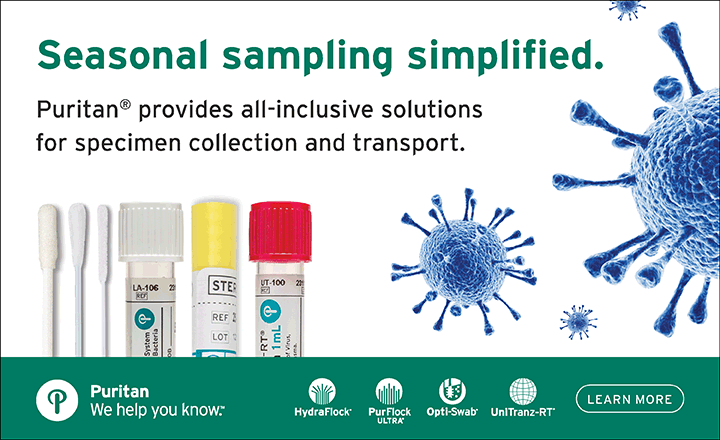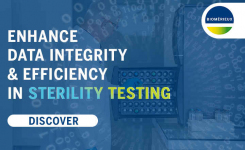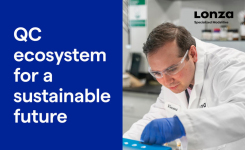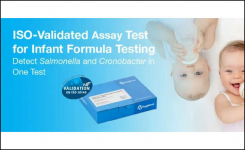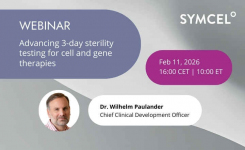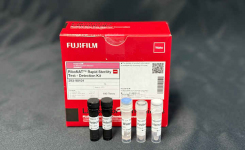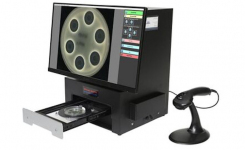The European Commission has signed a contract with Abbott and Roche, allowing the purchase of over 20 million rapid antigen tests for up to €100 million, financed by the Emergency Support Instrument (ESI).
From early 2021, these tests will be made available to the Member States, as part of the EU strategy to COVID-19 testing. The signing of this deal comes after the Commission adopted the EC Council's rapid antigen testing recommendations.
European Council's Recommended Measures:
Currently, the most reliable methodology for COVID-19 testing is the RT-PCR test. However, due to their increased use, resulting in shortages, and to their relatively high cost and long time required to produce a test result, the complementary use of rapid antigen tests in specific settings is increasingly advisable.
Concerning the use of rapid antigen tests, Member States are recommended to:
- Use rapid antigen tests to further strengthen countries' overall testing capacity, particularly as testing remains a key pillar in controlling and mitigating the ongoing COVID-19 pandemic;
- Ensure that rapid antigen testing is conducted by trained healthcare personnel or other trained operators where appropriate, and in line with national specifications, and strict accordance with the manufacturer's instructions and subject to quality control.
- Invest in training and, if appropriate, certification of healthcare personnel and other operators to carry out sampling and testing, thereby ensuring adequate capacities and safeguarding the collection of good quality samples.
- Consider the use of rapid antigen tests in the following situations and settings: COVID-19 diagnosis among symptomatic cases, contacts of confirmed cases, outbreak clusters, screening in high-risk areas and closed settings.
- Use rapid antigen tests for population-wide screening in epidemiological situations or areas where the proportion of test positivity is high or very high;
- Ensure that strategies are put in place that clarifies when confirmatory testing by RT-PCR or a second rapid antigen test is required,
- Continue to monitor and assess testing needs in line with epidemiological developments.
Concerning the validation and mutual recognition of rapid antigen tests, Member States are recommended to:
- Agree on, maintain and share with the Commission a common list of rapid antigen tests that are in line with countries' testing strategies and appropriate for the situations described above; that carry CE marking, meet the minimum sensitivity and specificity requirements as defined by the Commission and the ECDC, and that have been validated by at least one Member State;
- Agree that this common list of rapid antigen tests is updated regularly, particularly as new results from independent validation studies will become available and new tests will enter the market;
- Agree to mutually recognise the test results of a selection of tests included in this common list;
- Explore the need and possibility for a digital platform to validate the authenticity of COVID-19 test certificates.
Effects of New Variant on Antigen Tests:
Statement from Roche: "We do not anticipate that the UK SARS-CoV-2 variants will impact the Elecsys® Anti-SARS-CoV-2 Test, Elecsys® SARS-CoV-2 Antigen Test and Elecsys® Anti-SARS-CoV-2 S Test, SARS-CoV-2 Rapid Antigen Test and SARS-CoV-2 Rapid Antibody Test."
"To be further reassured, we are carrying out additional investigations. For our SARS-CoV-2 Rapid Antigen Test, we will perform in-vitro testing of the new variants and our test both independently and in collaboration with our partner SD Biosensor. We will share our findings, as soon as these investigations have concluded."
For Abbott's contact details click here
Note: This content has been edited by a rapidmicrobiology staff writer for style and content.


